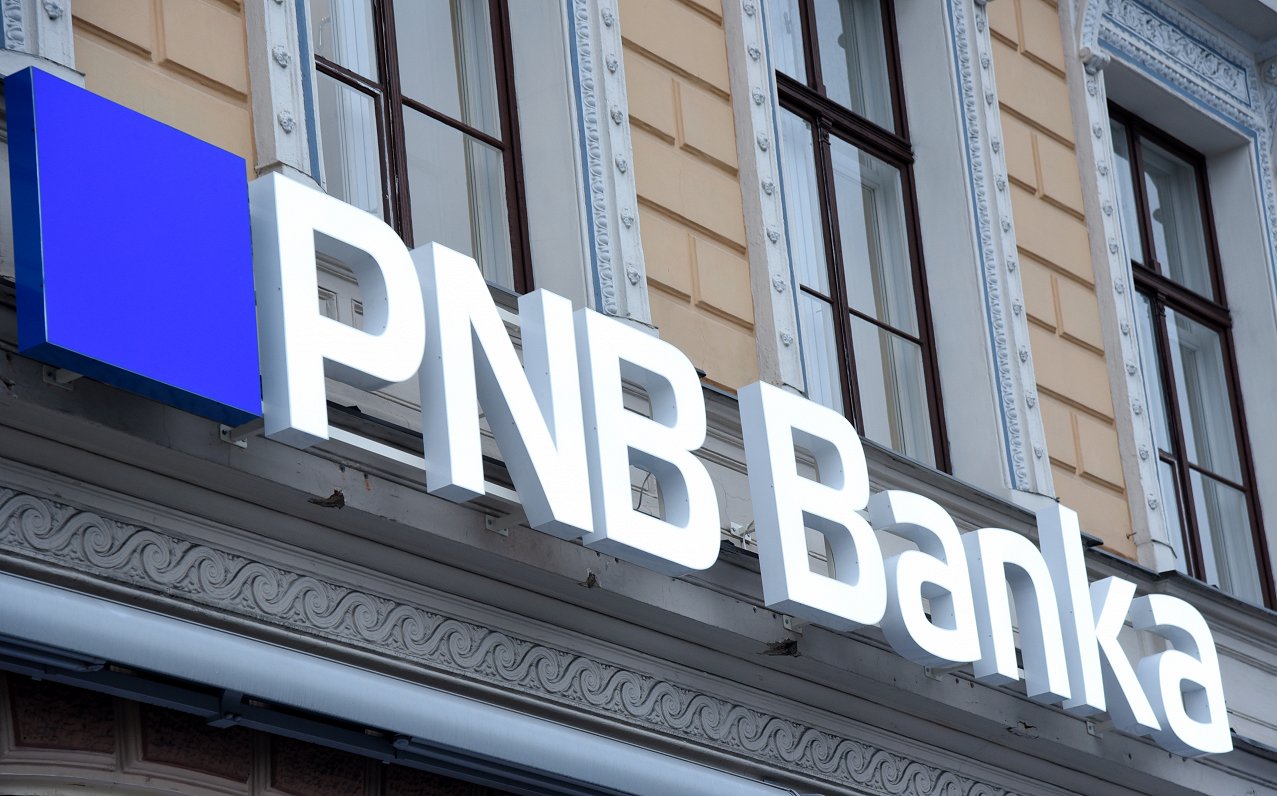The introduction of the Euro in Latvia made capital companies carry out nominal changes (changes in the share capital to the euro).
These companies had to apply to the Commercial Register authority to change the records of the Commercial Register or registration of documents (adding to the registration file), they also had to apply for changes in the share capital to the Euro.

Denomination of the Equity in Euro
To carry out the denomination of equity, the capital company has to maintain the existing proportionality between its shareholders and minimize the changes in the share capital. The share capital for a capital company is the total amount of shares, multiplied by the nominal value of the share capital.
The conditions for change of equity set by the commercial register authority are:
- The size of the share capital and the nominal value of the share must be expressed in the whole euro (to share with 10 without balance).
- The Euro exchange rate is taken into account when calculating the nominal value of one share.
- The recalculated amount is rounded down
- Each share capital share remains subject to a fixed amount, it is paid to the shareholders of the company in proportion to their share capital shares, or the transfer of these values to the reserves of the capital company
- Values that cannot be expressed in new shares at the existing nominal value, while maintaining proportionality to shareholders, may be set aside or paid to shareholders.
- As a result of the denomination, the share capital may fall to a maximum of 1.6%, but may only do so if a new share cannot be issued at the nominal value of the specified share, taking into account the proportionality of the existing members.
Minutes of the stockholders’ meeting
At a meeting of shareholders, the meeting minutes are signed by the meeting leader, the person in charge of the minutes, and at least one shareholder who was chosen to speak for everyone at the meeting. When more than one shareholder is chosen, a statement of correctness is given as proof of correctness, and they all sign the protocol. The Business Register says that the document must contain:
- Name of company (firm)
- The number of those present at the meeting of shareholders
- The meeting location and date
- The amount of fixed capital and voting capital subscribed by the company
- The amount of capital represented at the shareholder meeting and the number of voting shareholders in attendance
- Name of meeting leader, recording officer, attendee- protocol correction attestation
- The convening institution and the date on which the notice of the meeting was sent and published
- Meeting agenda
- Decision taken
- For each ‘in favor’ and ‘against vote cast (paid part)
- Objections of the council and the members of the management board, the auditor, the liquidator, or the shareholders.
The decision of the shareholders is made by a majority vote unless a certain number of higher voters are present.
The original or a copy of a protocol, decision, or correction signed by the same person who signed the original is sent to the register of undertakings.
Article of Association
For the article of association, the statutes must be signed by the management board and the people who signed the minutes at the meeting of shareholders:
- The Name of the firm
- The Duration and purpose (why the company is established, for what purpose and period)
- The Size of fixed capital, numbers of shares, and nominal value
- The Representation rights of members of the management board (representing the company individually or jointly)
- The Numbers of the members of the councils
- The Rules are set specially for the disposal of the part (if any)
- The company’s different classes of shares (indicating rights attached to each category of shares) and the number and nominal value of each category of shares
- Whether the shares are named or bearer, where the statutes provide the conversion of the name shares into bearer shares and vice version, terms for conversion.
- The form of the shares, whether they are in paper form or dematerialized form, the statutes provide for the conversion of the shares from one form to another; and the terms of conversion
- The company’s key lines of business
- Other provisions deemed relevant by the founder (not necessarily applicable)
- The Place and date of signing
Completing the registration form
The management board signs the application form KR18
Certifying the signature
When submitting documents on paper, they must have all the signatures needed to certify the new statutes. This is done in the minutes of the meeting of stockholders.
Signatures are certified as follows:
- A sworn notary
- If there is no notary, at the Orphan’s court, following the claimed place of residence (if the person has a Republic of Latvia personal identity number).
- When electronic signatures and time stamps are used to safeguard papers.
Paying the fees
For the application for registration of change of equity to be sent in, the state fee must be paid into the treasury account. After the Enterprise Register makes sure the treasury account is credited, registration can continue.







